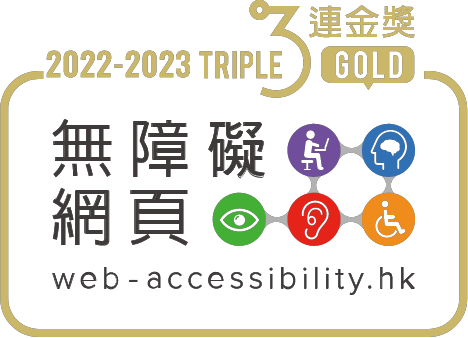Frequently Asked Questions
What is the difference between an instalment loan, a revolving loan, and an overdraft facility?
Instalment loans require you to repay a fixed amount (including principal and interest) monthly. Interest is calculated at a predetermined interest rate according to the loan tenor you select and the approved loan amount.
Revolving loans and overdraft facilities are credit limits linked to your revolving loan account or current account respectively. You can withdraw cash whenever you need. Interest is calculated on the drawn amount on a daily basis.
What type of loan should I choose?
The type of loan you choose may depend on two factors:
- The reason for the loan
Most people who borrow money have a good reason for doing so. Here is a list of common reasons for borrowing:- Furnishing a new home
- Buying a car
- Paying tax
- Getting married
- Going on holiday
- Emergencies
- Shortage of cash
- Education
- Your financial circumstances
- With an instalment loan, you will be asked to repay a set amount each month. A regular monthly income makes repayments easy and allows you to plan your budget.
- If you are self-employed or have an irregular income, and so cannot budget for a fixed monthly repayment, or if you require a stand-by facility for use only when you need it, a loan with flexible repayments such as a revolving loan or overdraft facility is more appropriate.
- The reason for the loan
What documents are required for a loan application?
Generally speaking, you should provide the following documents to support your loan application:
- Hong Kong Identity Card (Copy of HKID Card, valid passport issued by place of origin, and Hong Kong visa are required for Hong Kong non-permanent residents.)
- Any one of the following proofs of income:
- Regular income earner:
- Salary slip for the past 1 month, or
- Bank statement/passbook records for the past 1 month showing applicants’ name, account number, and salary entries
- Irregular income earner (including Self employed, Part-time, and Commission based earners):
- Latest salaries tax demand note, plus
- Salary slip for the past 1 month, or
- Bank statement/passbook records for the past 1 month showing the applicants’ name, account number, and salary entries
- Sole proprietor or partner of a business:
- Company’s business registration certificate and latest tax demand note
- Proof of residence in English within the past 3 months, e.g. utility bill, bank/credit card statement or bank-issued letter
Remark: Please refer to the application forms for details. Additional documents may be required for approval of your application.
How long does it take to approve and disburse a loan?
Application process and loan drawdown will be completed within 7 working days upon receipt of the complete requisite documents and information. If the requested loan amount is approved in full, BEA will not notify the applicant. The Loan amount will be credited to the applicant’s designated bank account directly.
What other costs are involved in borrowing money?
Common extra costs include:
- Arrangement Fee
This is a fee (usually annual) charged by a bank for handling the loan. It can be waived for some loans. - Over Credit Limit Fee
Exceeding your overdraft limit costs you money and your bank will charge you directly, or may charge a temporary overdraft rate. - Late Charge
If you fall behind on your loan repayments, you will be charged a fee based on the amount overdue, so it is wise to keep up the repayments. - Prepayment Fee
In some cases, if you wish to repay a fixed loan earlier than the agreed term, you will have to pay an extra fee to compensate for the interest lost by your bank. - Withdrawal Fee
A fee based on the withdrawal amount for each cash withdrawal or transfer of funds will be charged for revolving loans. - Administrative Charge
Your bank will charge an administrative charge based on the credit limit if your revolving loan account is cancelled within 13 months from the date of account opening. It can be waived for some revolving loans.
Please refer to the relevant Terms and Conditions or Schedule of Fees & Charges for details.
- Arrangement Fee
Besides interest rates, what else should I consider before applying for a personal loan?
You should also take the following factors into account:
- Read the terms and conditions carefully and check if there are any other costs or hidden fees;
- Ease of application and approval turnaround time, convenience of the bank's branch network and application channels;
- Flexibility of loan repayments.
Can I save on interest by repaying a personal instalment loan early?
Generally speaking, the earlier you repay a loan, the more in outstanding interest payments you are likely to save. However, the fee you incur for early repayment and related charges may outweigh any amount of interest saved.
Therefore, if you intend to make an early repayment, you should check the following information with the bank and carefully consider how this impacts your situation before deciding whether or not to repay early.
- Prepayment fee and other relevant charges
- Outstanding loan balance
- Outstanding interest
- Remaining repayment period









